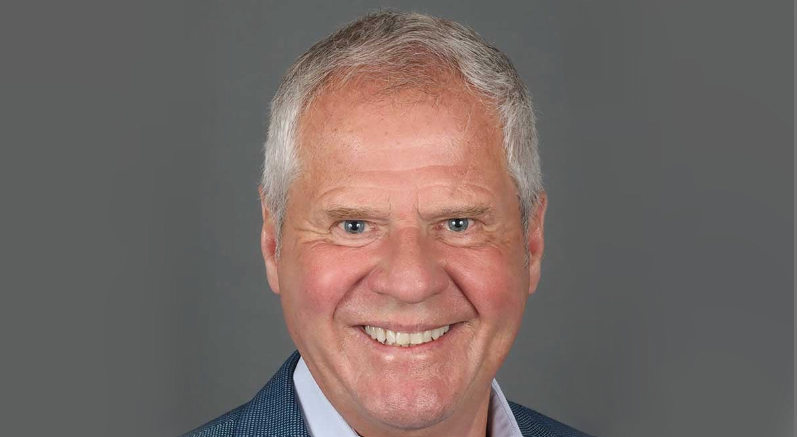“Chill” on diversity, equity and inclusion initiatives creeps into U.S. higher education system – a harbinger for Canada?
There’s a growing “chill” on diversity, equity and inclusion (DEI) initiatives in American colleges and universities that’s affecting researchers. Could this be a harbinger for Canada, where federal research funding agencies actively promote and support DEI?
Other stories mentioning these organizations, people and topics
| Organizations: | |
| People: | |
| Topics: |
Other News
Events For Leaders in
Science, Tech, Innovation, and Policy
Discuss and learn from those in the know at our virtual and in-person events.
See Upcoming Events
You have 0 free articles remaining.
Don't miss out - start your free trial today.
Start your FREE trial Already a member? Log in
By using this website, you agree to our use of cookies. We use cookies to provide you with a great experience and to help our website run effectively in accordance with our Privacy Policy and Terms of Service.





